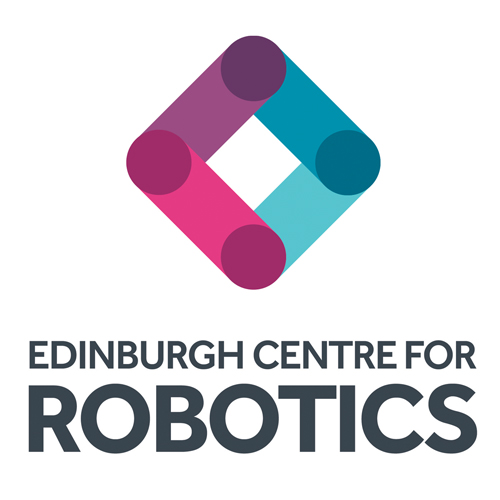Spirit of Heriot-Watt Award: Outward Looking
Submitted by Anonymous (not verified) on Wed, 07/06/2017 - 15:23The ERF2017 Organising Team is very proud to announce that they have been awarded the Outward Looking category in the 2017 Spirit of Heriot-Watt Awards. This award recognises the huge amount of effort the team put into organising and delivering the highly successful 2017 European Robotics Forum which reached over 800 delegates from academia and industry.
ERF2017 Organising Team:


